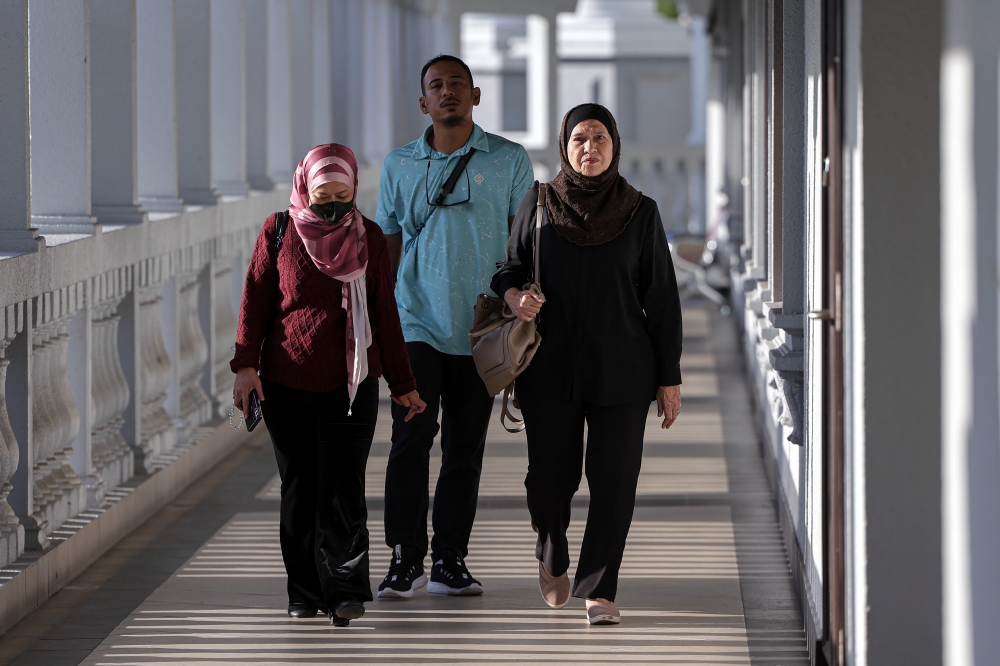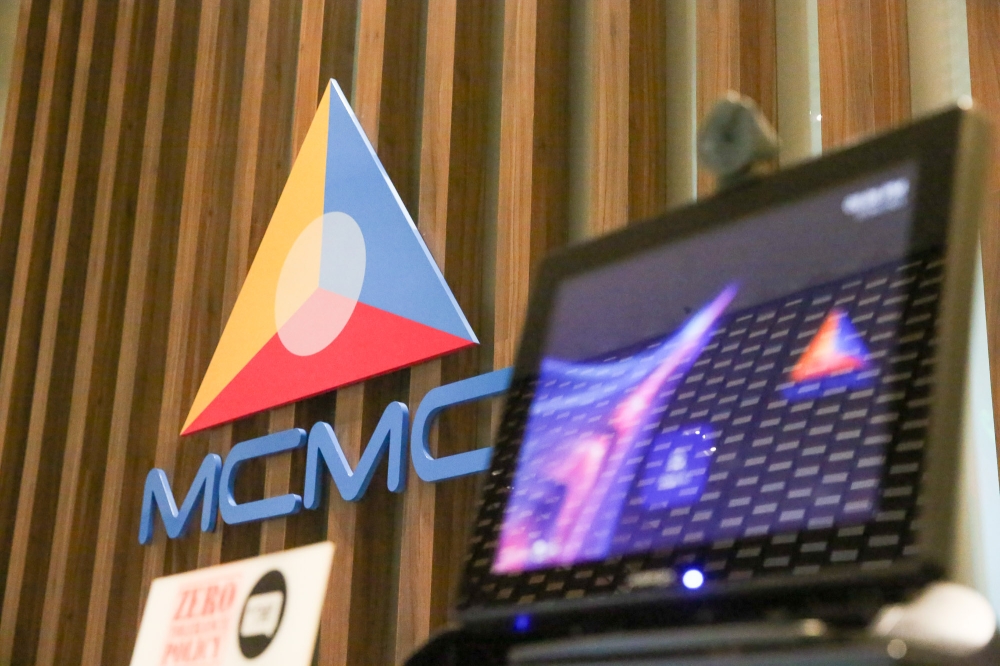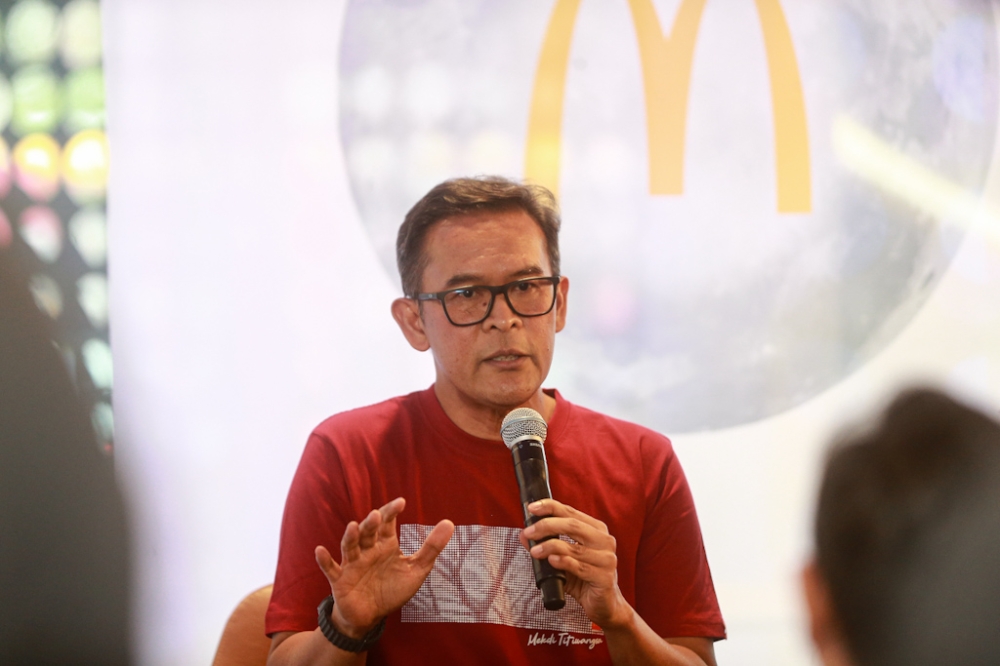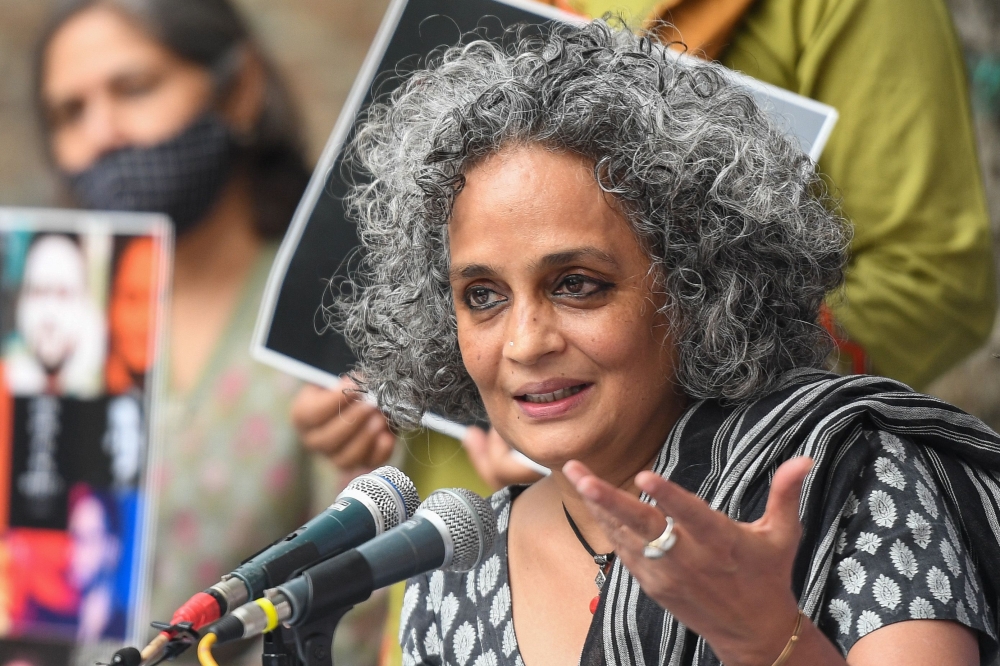KUALA LUMPUR, May 30 — When Center of Applied Data Science (CADS) founder and chief executive officer Sharala Axryd told her parents she wanted to study engineering two decades ago, her mother was worried.
“Who will marry you then?” asked Axryd’s mum.
It’s a classic example of how culture can be one of the biggest factors stopping women from taking on science, technology, engineering, and mathematics (STEM) careers.
“My mum is a practical mum, she probably thought it would be easier if I became a teacher,” Axryd told Malay Mail.
“That was the very first challenge I faced in my career and I often hear that I’m not alone in this.”
Axryd, who hails from Bukit Mertajam in Penang, eventually convinced her parents to let her study telecommunications engineering at Universiti Kebangsaan Malaysia (UKM).
The award-winning entrepreneur has come a long way since then but the journey was not without its hurdles.
The next issue after graduating was getting her parents’ permission to move to the big city to work at a telco company.
“I was the only girl in the family going to live in Kuala Lumpur and my parents had a lot of reservations.
“There were many heavy discussions. At the time I was 26 and they told me ‘you should be getting married’.”
Can women really have it all?
As Axryd climbed the ranks in her career, she later realised how many women had to contend with the pressure to give up their job and focus on the children instead.
Traditional gender roles and a binary choice between work and family life have always been dilemmas facing working women, especially in the Malaysian STEM field where men outnumber women by 71 per cent.
However, Axryd believes that women can have their cake and eat it too if companies were willing to implement the right measures to help out their female employees.
She noted the importance of getting more female engineers into the workforce to boost the country’s gross domestic product (GDP), adding that incorporating parent-friendly measures in a company would help retain talent.
“Companies need to have a more conducive environment for women. In Europe, men and women are allowed to take paternal and maternal leave equally,” she added.
“If companies here enable that, it will allow women to have an even playing field.”
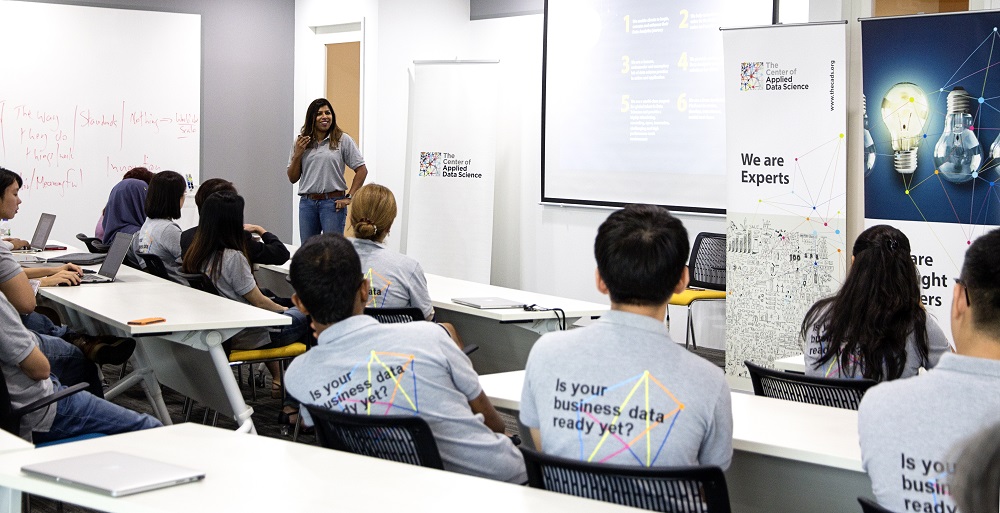
A rose among the thorns
Having more women in the office also introduces much-needed diversity into a workplace that is often dominated by the opposite sex.
To do so, Axryd says that gender stereotypes about STEM careers need to be deconstructed and put aside, adding that there was sometimes the perception that women in the field had to be “tomboys” or behave like a man.
“I think the statistics are clear. To say that women are not educated in science is not true, but to keep it as a career has become a challenge.
“The point I always try to make is that women don’t stay on to go into STEM because there’s this fear of it being a ‘guy’s job’ and that it’s going to be (physically demanding). That’s not true.
“Within an engineering company, there are so many roles and the worst thing that can happen is that you’ll break your nails.”
Don’t be afraid to ask
Axryd was met earlier this month at the Malaysian International Trade and Exhibition Centre where she was a speaker at the “Women in Engineering” panel discussion held in conjunction with SEMICON Southeast Asia 2019.
She is a strong advocate for more female role models in STEM and hopes that women will feel less afraid to be assertive about their needs and goals in the workplace.
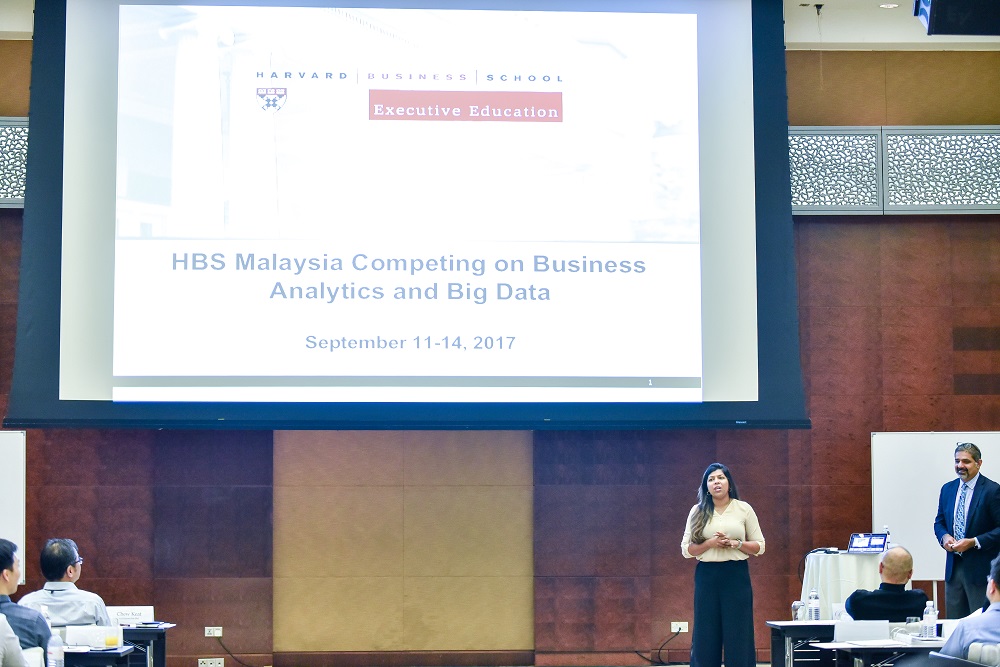
“What women lack in the business world is mentors. Other women play a big role in identifying potential success in women who are in lower ranks.
“Women also don’t ask for things. Culturally we’re not encouraged to ask, but what’s the worst that could happen? People say ‘no’.”
Along with being confident, Sharala said that women should never have to feel burdened by other people’s opinions when it comes to pursuing a career while raising a family.
“Girls should never feel guilty about being ambitious. Don’t feel guilty about being a mum either.
“My husband always told me that it’s important our children see me being successful because only then can they pursue success as well.”










